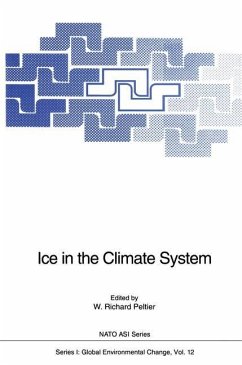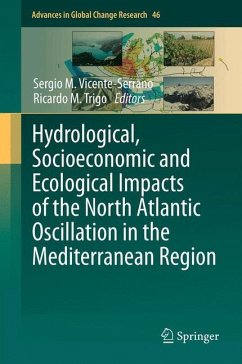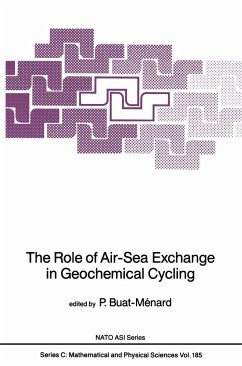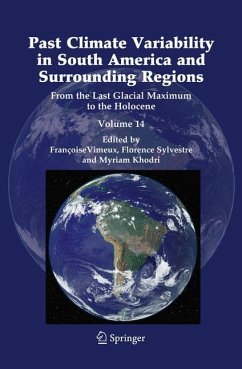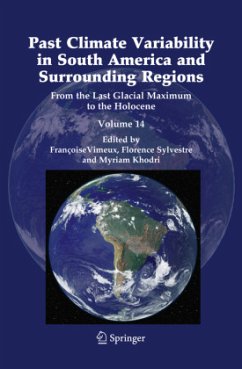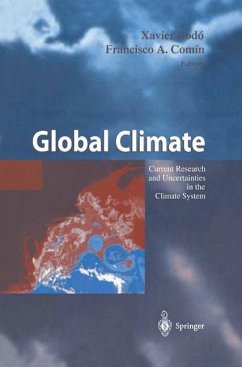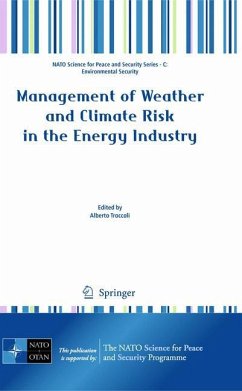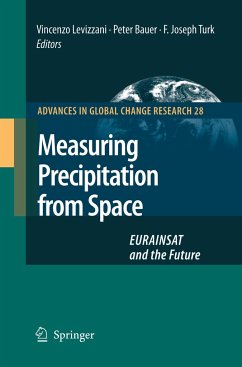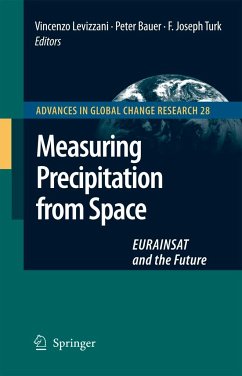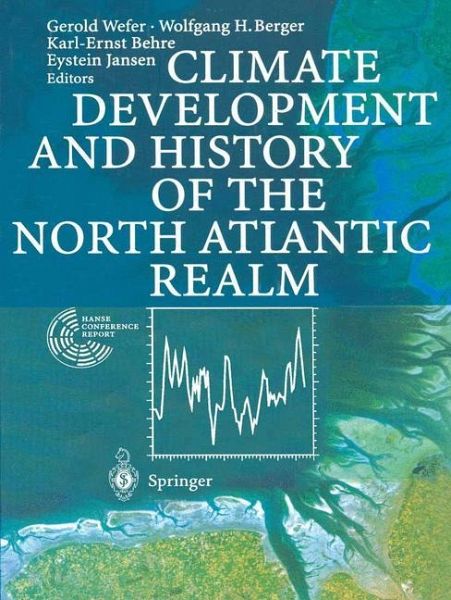
Climate Development and History of the North Atlantic Realm
Versandkostenfrei!
Versandfertig in 6-10 Tagen
152,99 €
inkl. MwSt.

PAYBACK Punkte
76 °P sammeln!
The global environment is changing rapidly under the impact of human activities, and an important element of this change is related to global c1imate modification. Can the study of c1imate and history help in devising strategies for coping with this change? What might be the type of information most useful in this context? What are the pitfalls awaiting the unwary? These are the kinds of questions that led us to bring together experts from the natural and social sci ences with a strong interest in history, to promote discussion between workers in different disciplines by focussing on a common ...
The global environment is changing rapidly under the impact of human activities, and an important element of this change is related to global c1imate modification. Can the study of c1imate and history help in devising strategies for coping with this change? What might be the type of information most useful in this context? What are the pitfalls awaiting the unwary? These are the kinds of questions that led us to bring together experts from the natural and social sci ences with a strong interest in history, to promote discussion between workers in different disciplines by focussing on a common topic of great interest to society. The meeting was arranged in the framework of a "Hanse Conference" within the interdisciplinary program of the Hanse-Wissenschaftskolleg, a foundation set up to promote interdisciplinary studies in collaboration between the universities ofBremen and Oldenburg. The aim ofthe Hanse Conferences in general is to provide opportunities for experts from different fields of the sciences and humanities to come together and explore the larger framework oftopics of common interest. What unites the partici pants is their desire to look over the fence to neighboring disciplines. Young colleagues who wish to build an interdisciplinary career are particularly welcome. In the Hanse Conference on Climate and History, we have endeavoured to build bridges between the c1imate sciences and the sociological sciences concemed with environmental impacts on human activities. The geological sciences, we feIt, are especially well suited to the purpose because they al ready comprise historical aspects.



